17 GPTs for Medical Review Powered by AI for Free of 2025
AI GPTs for Medical Review are advanced artificial intelligence tools designed to streamline and enhance the medical review process. Leveraging Generative Pre-trained Transformers, these tools are tailored to manage a wide range of tasks related to medical documentation, analysis, and decision-making. They automate the review of medical literature, clinical trial data, patient records, and more, ensuring accuracy, efficiency, and compliance with relevant standards. Their role is pivotal in extracting insights, supporting diagnostic and therapeutic decisions, and facilitating research and development within the healthcare sector.
Top 10 GPTs for Medical Review are: AI for Medical Students,Med Mentor,USMLE High Yields,Research Summarizer,Boards and Beyond Step 1 Expert,Practitioner's Assistant AI,Accurate medical mcq answer bot,MedAI - Study helper,PANCE Prep Assistant,Doctor Ermek assistent
AI for Medical Students
Enhancing Medical Learning with AI
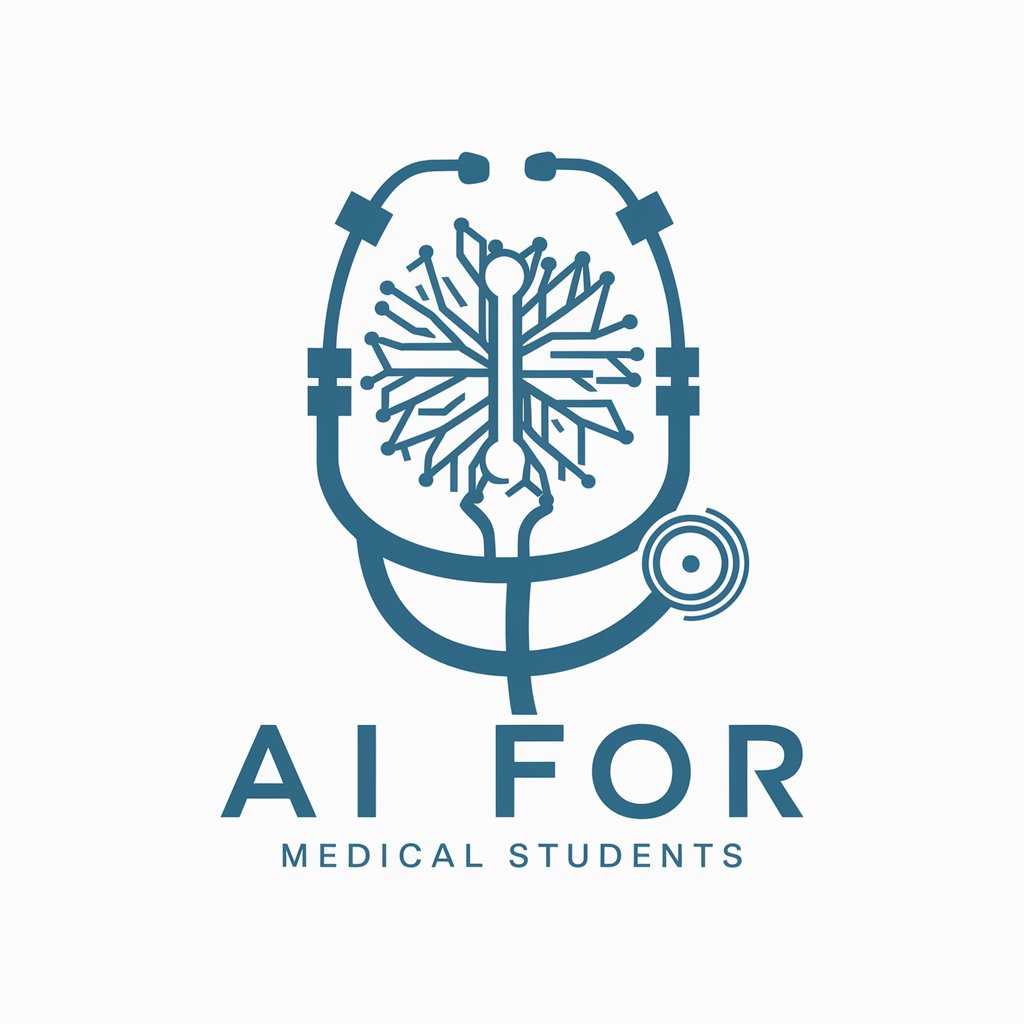
Med Mentor
AI-powered mentor for medical insights
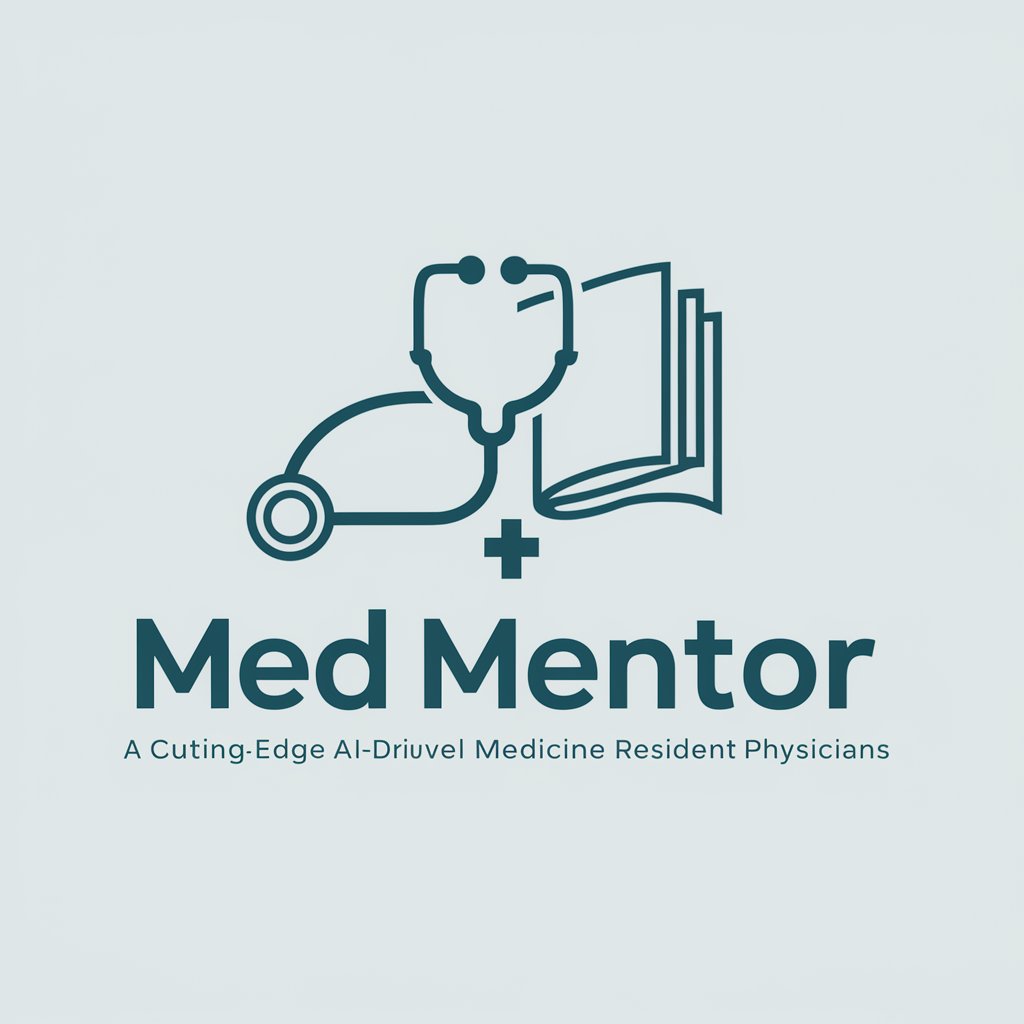
USMLE High Yields
Powering USMLE prep with AI-driven insights.
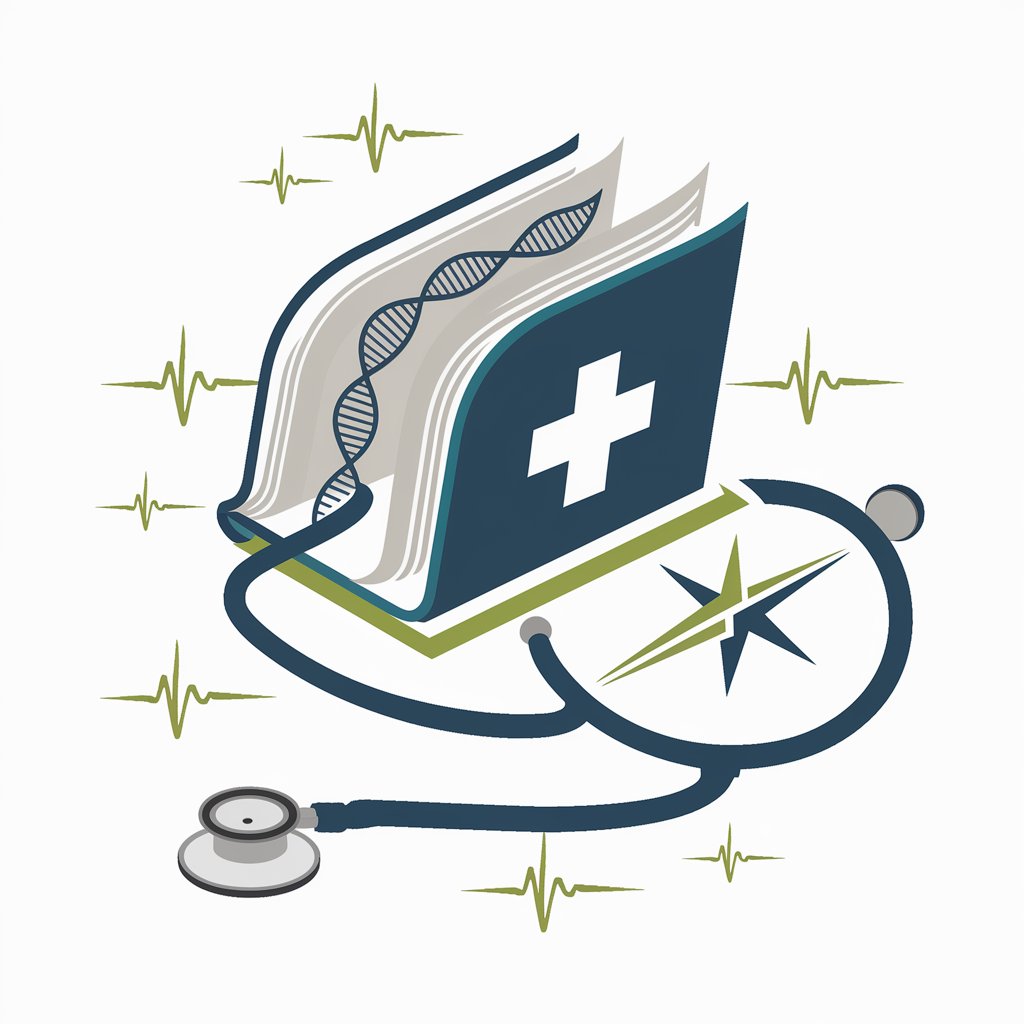
Research Summarizer
AI-Powered Precision in Research Summarization

Boards and Beyond Step 1 Expert
AI-powered USMLE Step 1 Mastery

Practitioner's Assistant AI
Empowering Healthcare with AI Intelligence
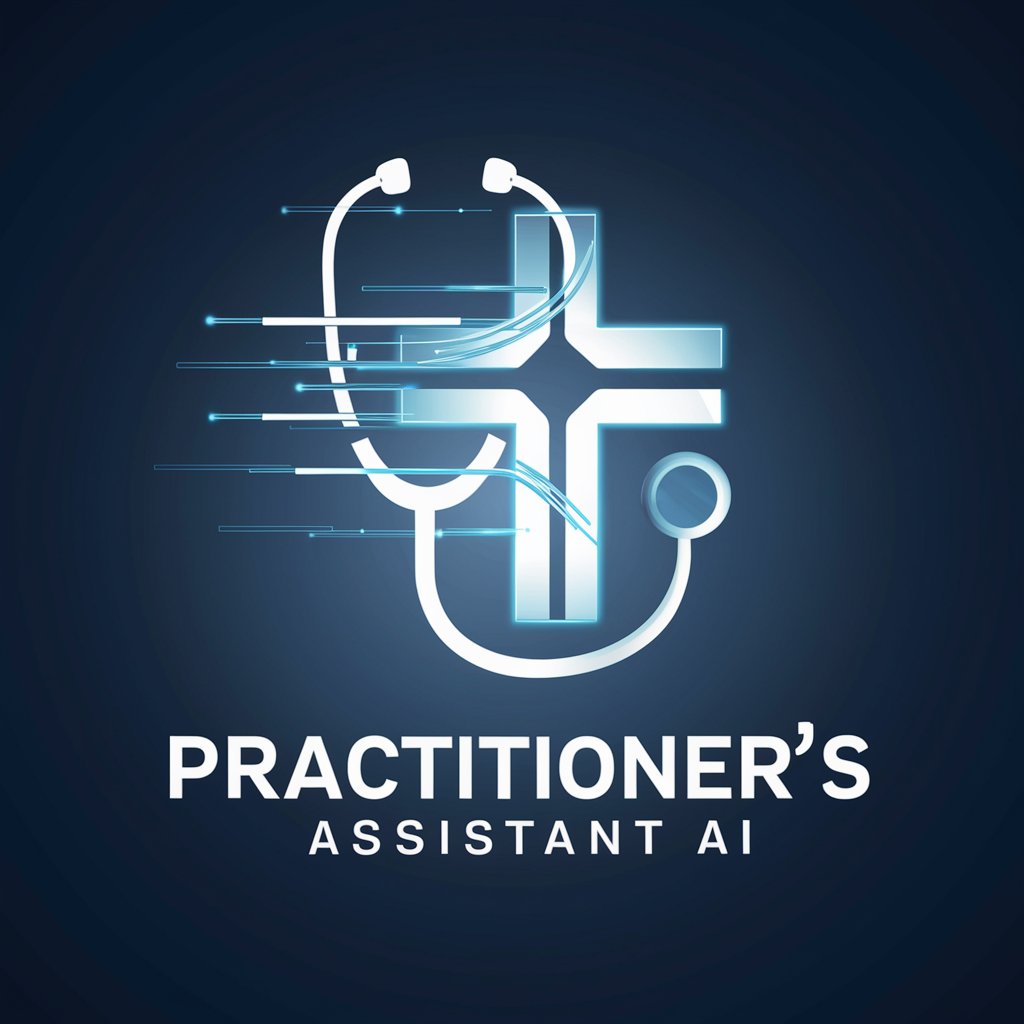
Accurate medical mcq answer bot
Precision at the Heart of Medical Education
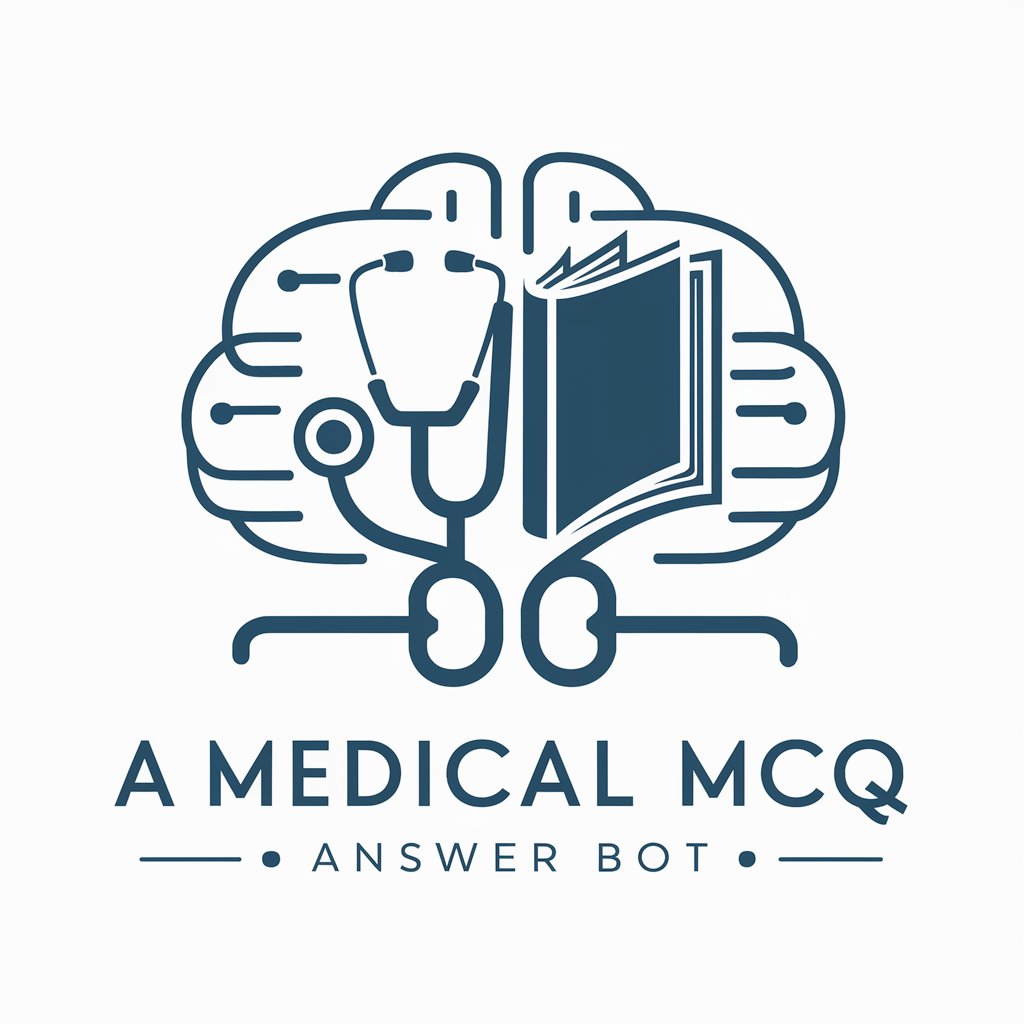
MedAI - Study helper
Empowering Medical Mastery with AI
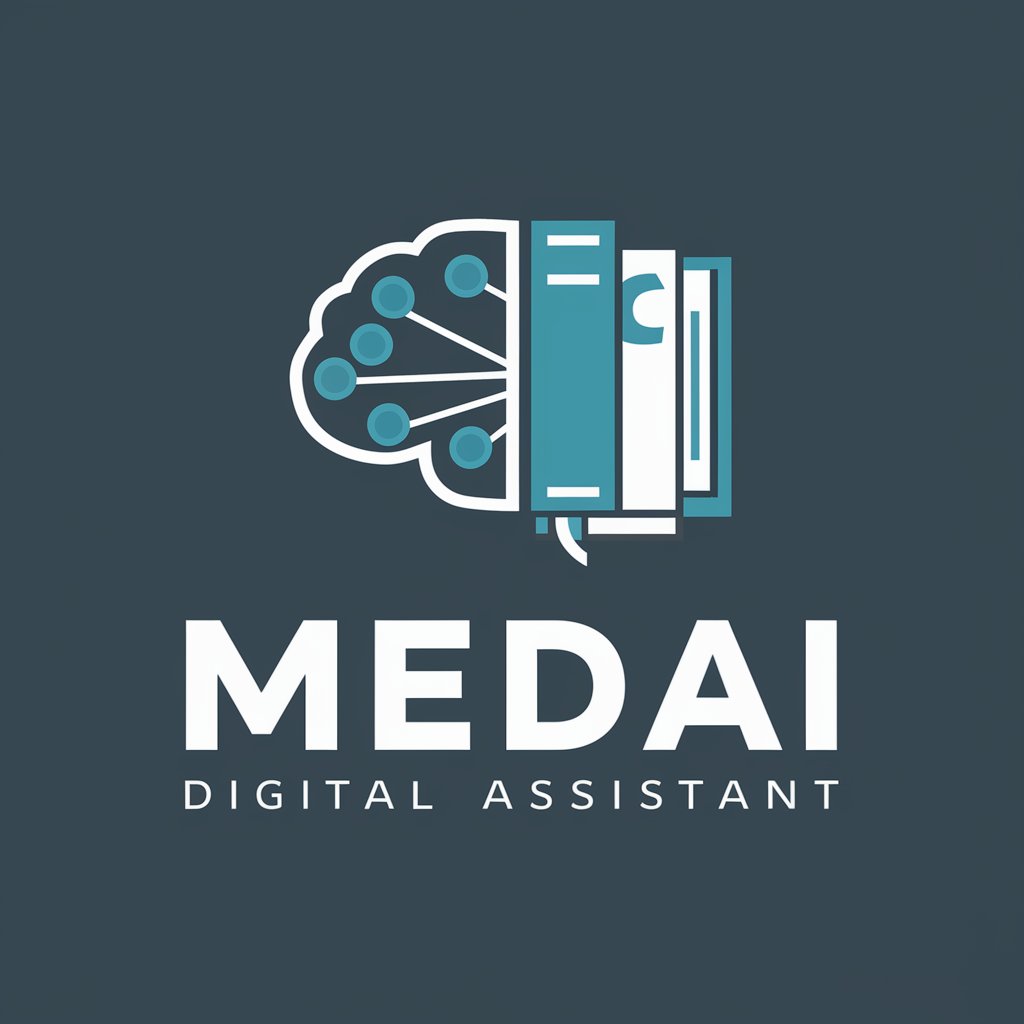
PANCE Prep Assistant
AI-driven preparation for your PANCE exam.
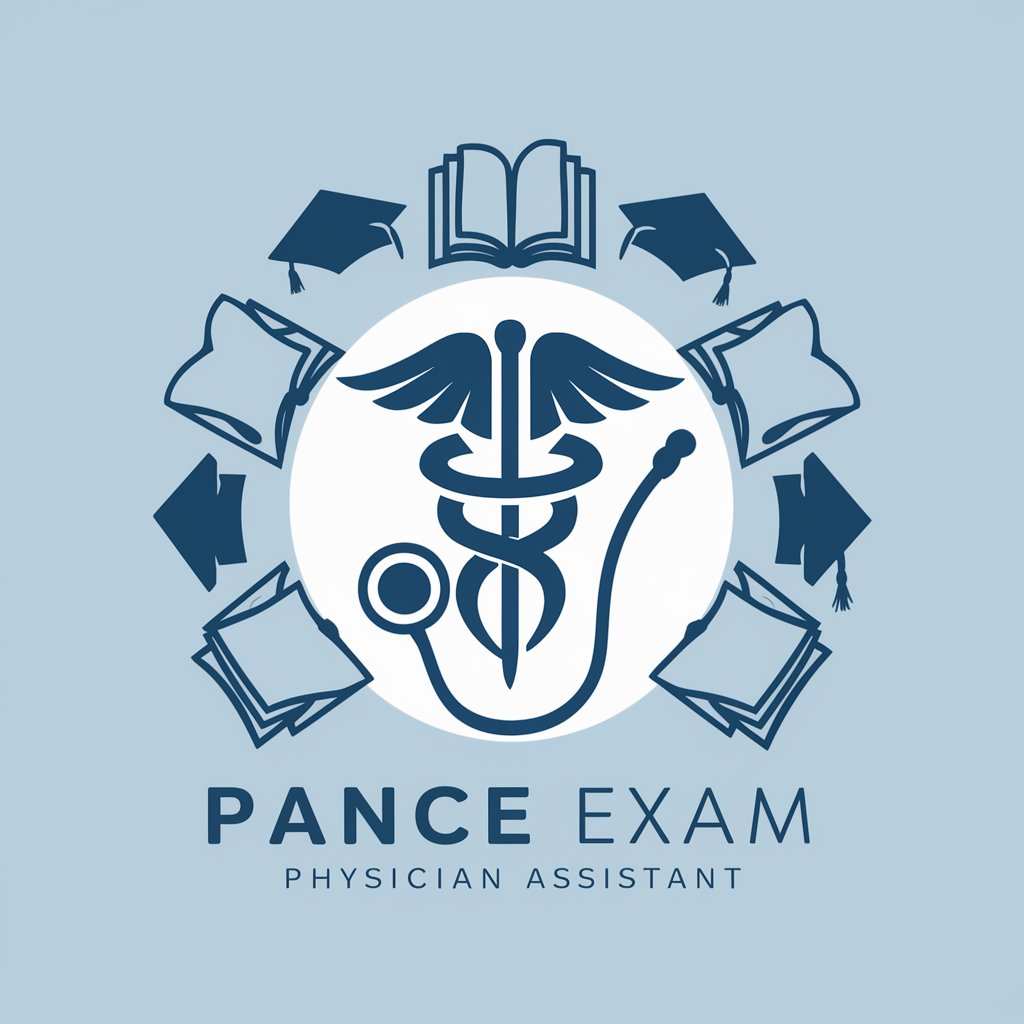
Doctor Ermek assistent
AI-powered Preliminary Healthcare Assistance
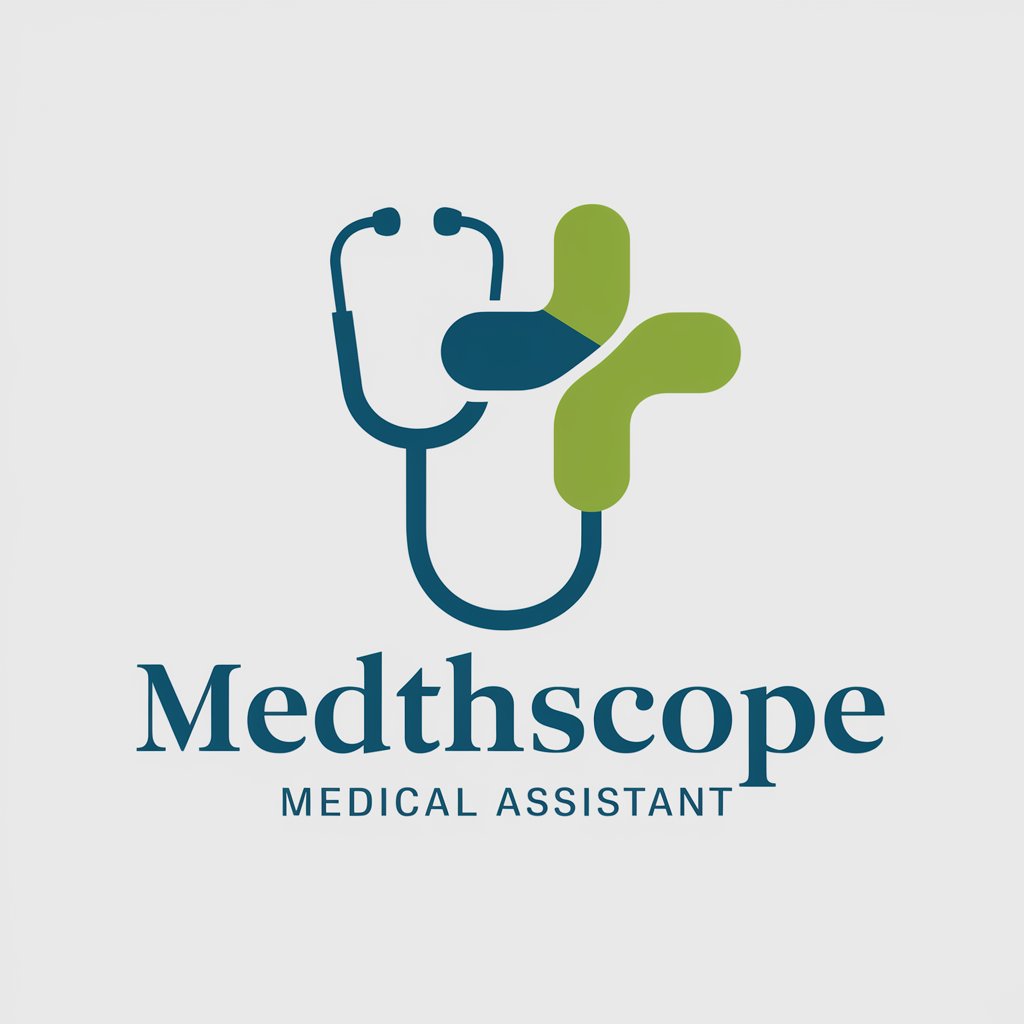
AI Radiologist
Revolutionizing Radiology with AI
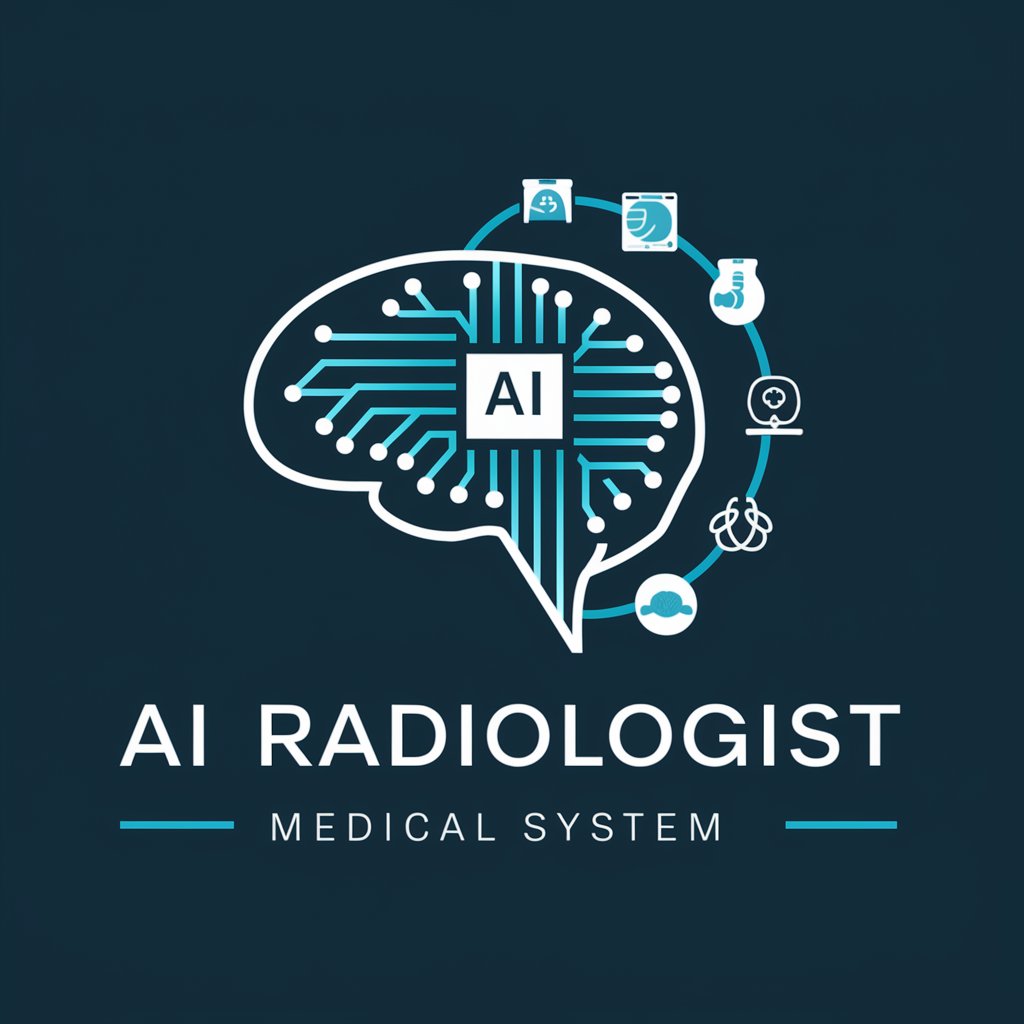
MediSummary
Streamlining Medical Research with AI

Interactive Patient Assessment Forms
Empowering Health with AI-Driven Assessments

Sclépios I.A: Review Multiple Choice Questions
Revolutionize Medical Learning with AI-Powered Questionnaires

Med Robot
Empowering Health Decisions with AI
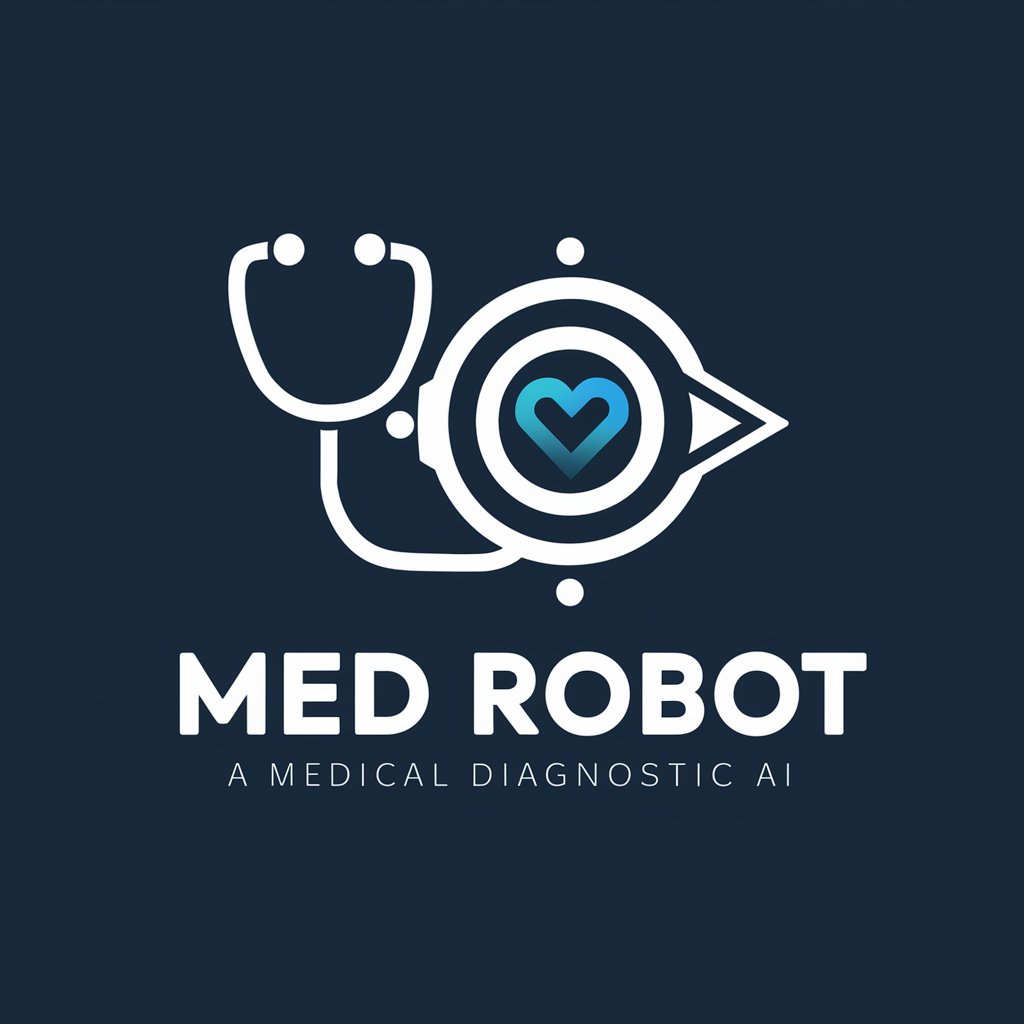
Review Guide
Empowering your literature review with AI
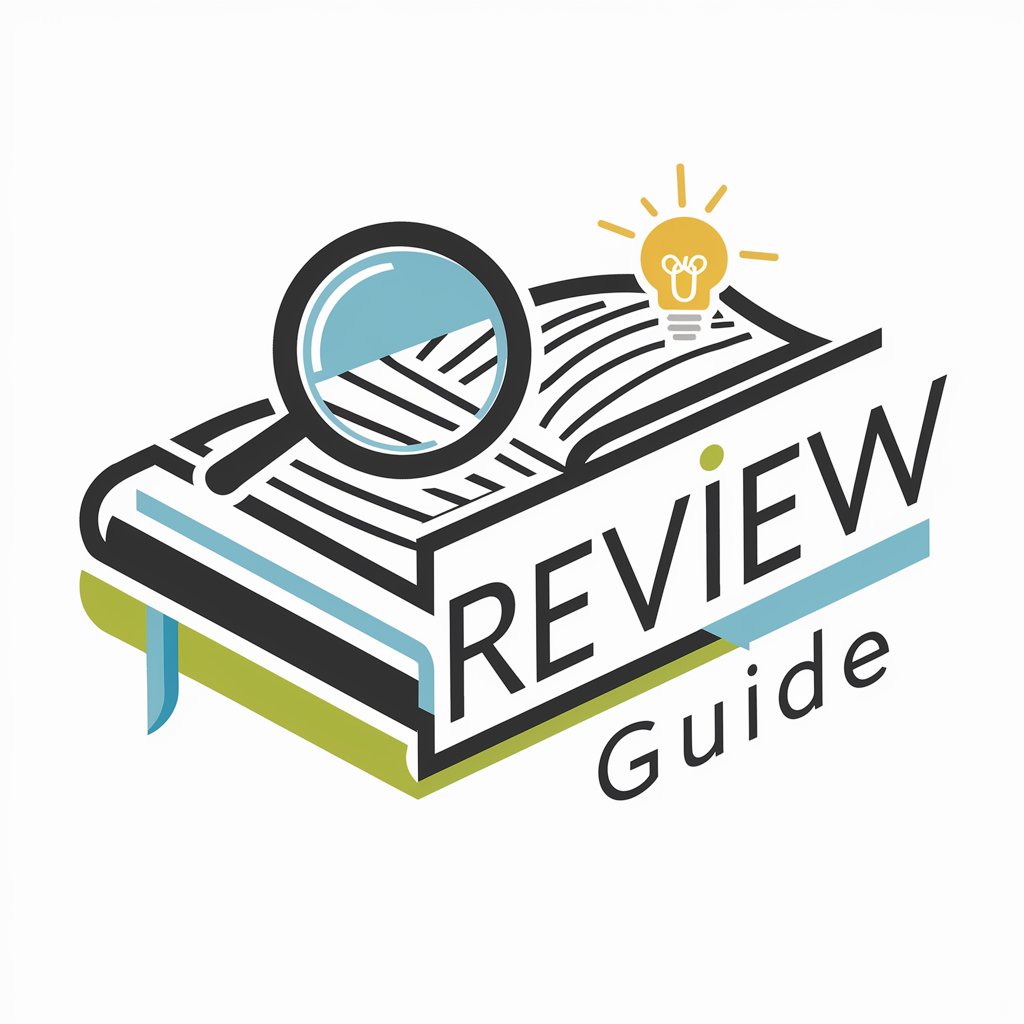
Key Attributes of Medical Review AI
AI GPTs tools for Medical Review boast unique features such as natural language processing to understand and generate medical texts, data analysis for identifying patterns and insights within large datasets, and image processing capabilities for analyzing medical imagery. They adapt to various complexity levels, from automating simple administrative tasks to aiding in complex clinical decision-making. Special features include language learning to stay updated with medical terminologies, technical support for integration into existing healthcare systems, and web searching for the latest medical research and guidelines.
Who Benefits from Medical Review AI Tools
The primary beneficiaries of AI GPTs for Medical Review include healthcare professionals, medical researchers, and healthcare IT developers. These tools are accessible to novices in the medical field, offering user-friendly interfaces for those without programming skills, while also providing extensive customization options for tech-savvy users and developers seeking to tailor the tools to specific medical review tasks and research projects.
Try Our other AI GPTs tools for Free
Pattern Analysis
Discover how AI GPTs revolutionize Pattern Analysis with advanced algorithms for detecting trends, offering tailored solutions for diverse sectors. Perfect for professionals and novices alike.
Integration Compatibility
Unlock seamless system integrations with AI GPT tools, designed to streamline compatibility and enhance efficiency across diverse technological landscapes.
Startup Challenges
Discover how AI GPTs for Startup Challenges can transform your startup with tailored solutions for market analysis, innovation, and operational efficiency, all accessible without coding skills.
Event Broadcasting
Discover how AI GPTs transform event broadcasting with real-time content generation, audience engagement, and insightful analytics, making events more interactive and accessible.
Family Coaching
Discover how AI GPTs for Family Coaching can transform your family life with personalized advice, educational support, and emotional guidance, all tailored to your unique family dynamics.
Astronomical Calculation
Discover how AI GPTs for Astronomical Calculation are transforming the field of astronomy with tailored computational tools for data analysis, prediction, and research support.
Expanding Horizons with Medical Review AI
AI GPTs for Medical Review represent a paradigm shift in healthcare, offering customized solutions across various sectors. With user-friendly interfaces, these tools are not just enhancing the efficiency of medical reviews but are also enabling a deeper integration into clinical practice, research, and patient care. They facilitate a seamless flow of information, improve patient outcomes, and accelerate the pace of medical advancements.
Frequently Asked Questions
What exactly are AI GPTs for Medical Review?
AI GPTs for Medical Review are AI-driven tools designed to assist with the analysis and interpretation of medical data, literature, and imagery, leveraging the power of Generative Pre-trained Transformers.
How do these tools benefit medical professionals?
They streamline the review process, enhance accuracy in diagnostics and treatment planning, and save time by automating data-intensive tasks.
Can non-technical users easily operate these AI tools?
Yes, these tools are designed with user-friendly interfaces that require no coding knowledge, making them accessible to non-technical medical professionals.
Are there customization options for developers?
Yes, developers can access APIs and programming interfaces to customize and integrate these tools into existing healthcare systems or workflows.
How do AI GPTs stay updated with medical terminologies?
These tools employ continuous learning mechanisms to update their databases with the latest medical terms, research findings, and clinical guidelines.
Can AI GPTs handle complex medical imaging analysis?
Yes, advanced AI GPTs are equipped with image processing capabilities to analyze and interpret medical images, such as X-rays and MRIs.
What measures ensure the accuracy of these tools?
AI GPTs for Medical Review incorporate validation processes, peer reviews, and continuous learning to maintain and improve their accuracy over time.
How do these tools integrate with existing medical systems?
They offer flexible APIs and support for standard medical data formats, ensuring seamless integration with electronic health records, diagnostic systems, and research databases.